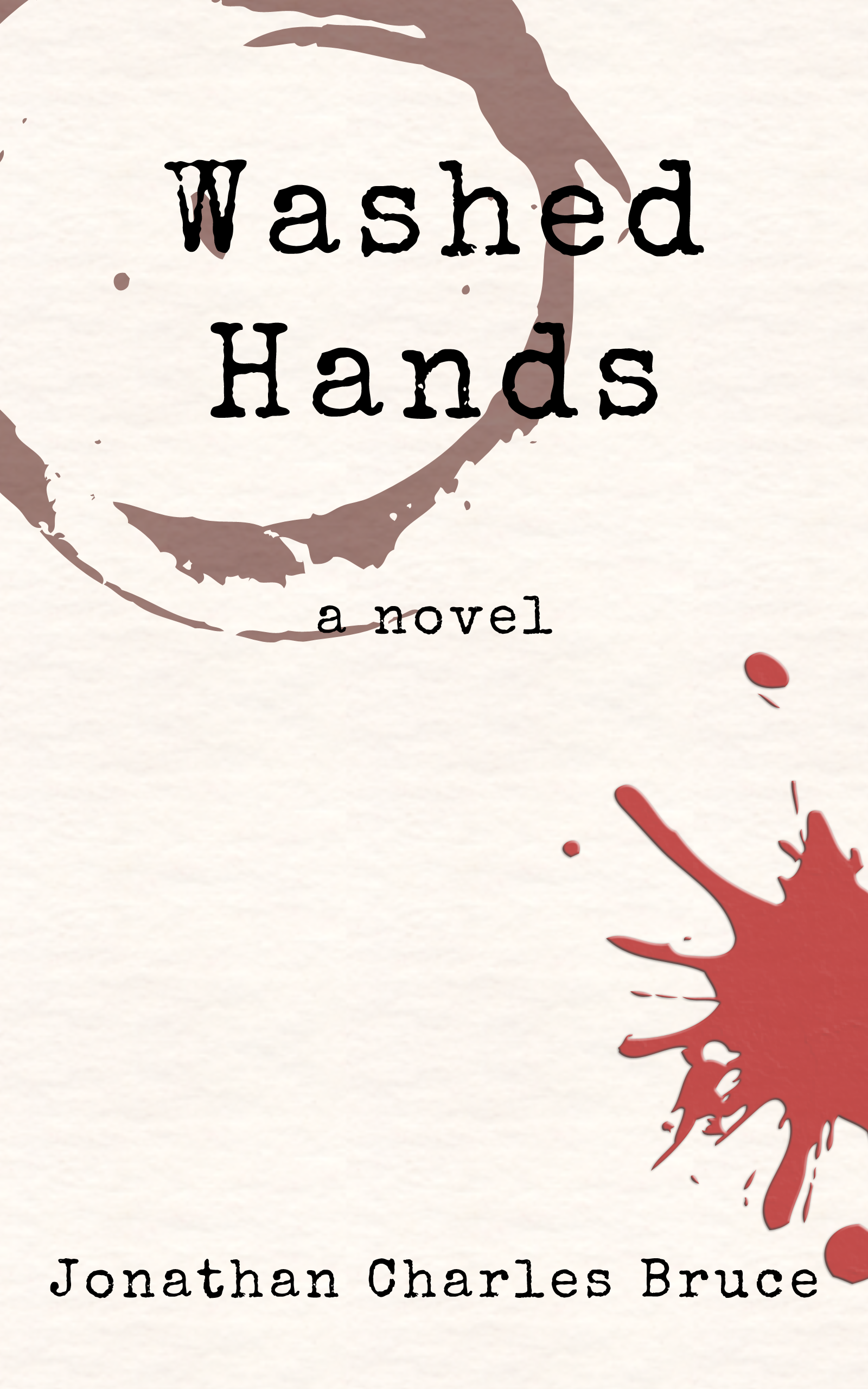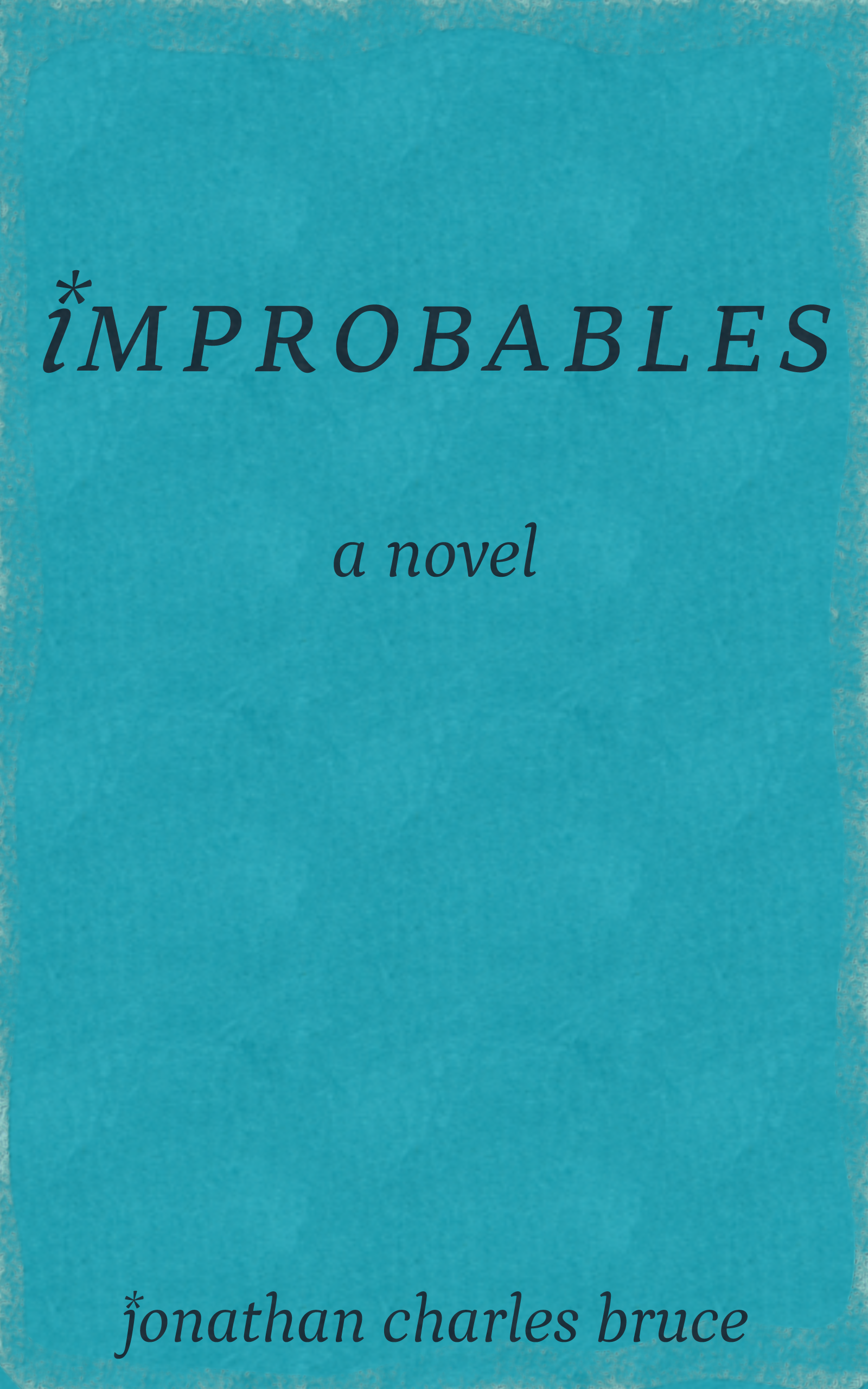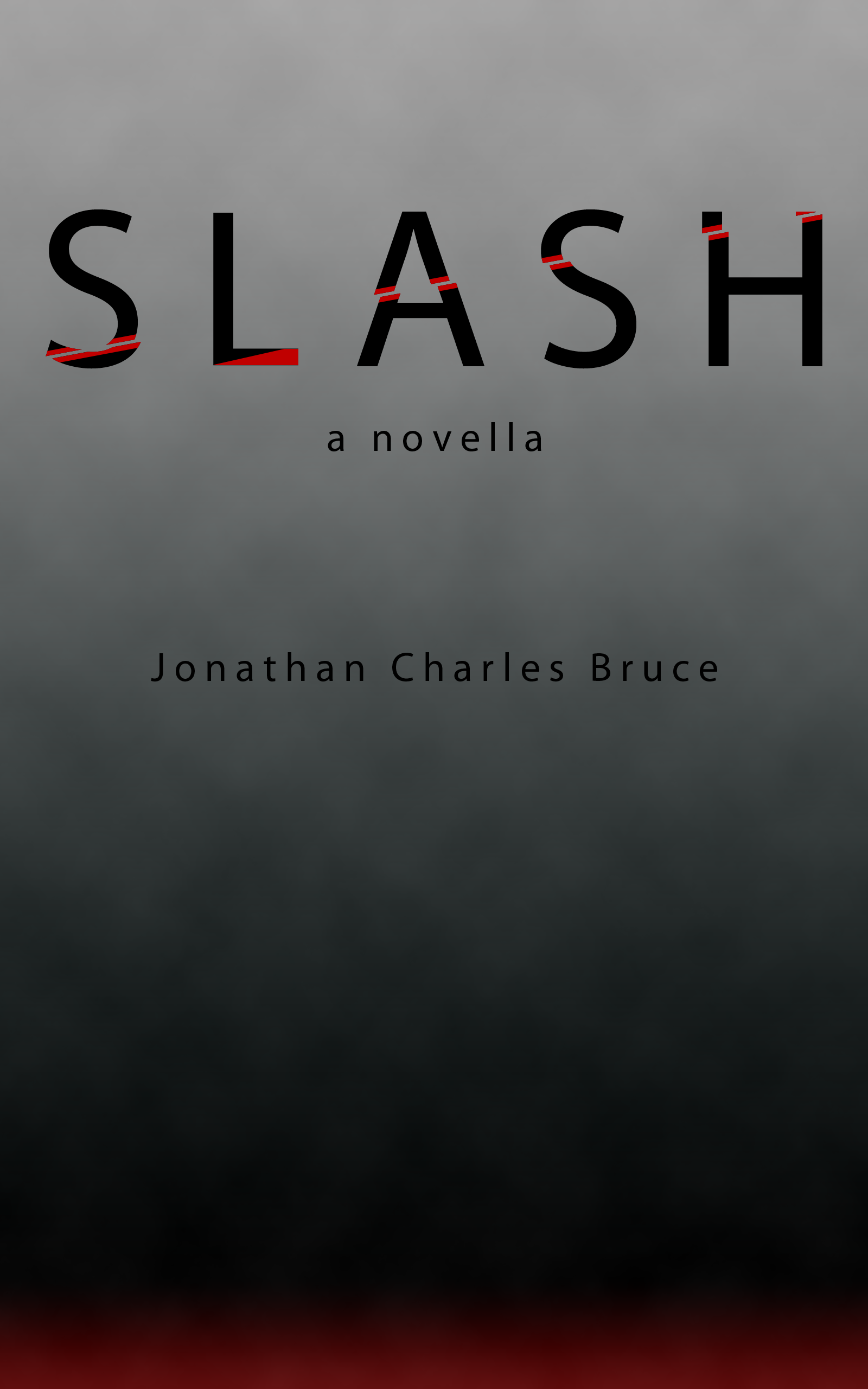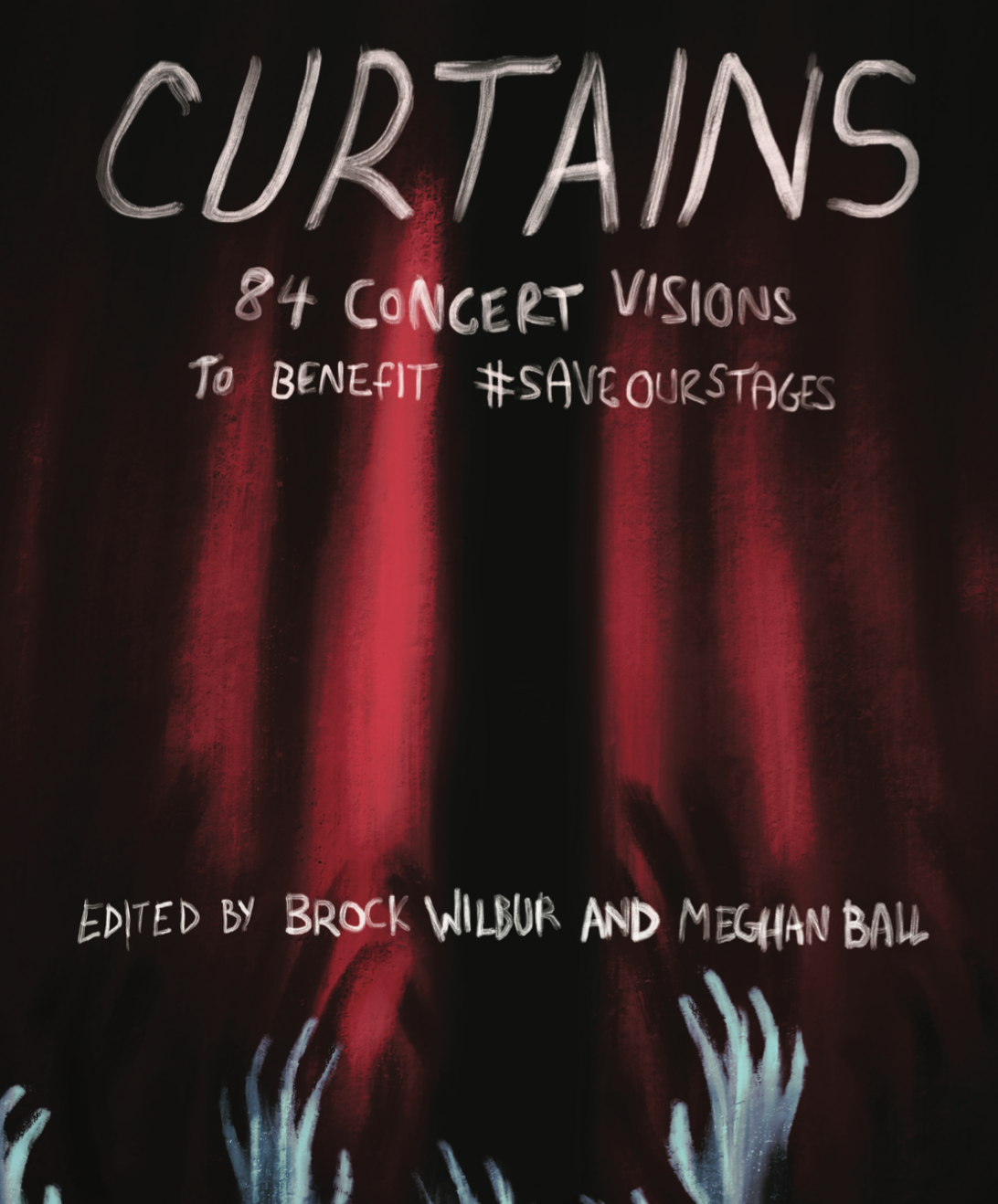Chatting About Writing Philosophy with Tak tse Profit
I write mostly fiction, but I am always interested in how authors approach their respective genres. As such, I had the opportunity to invite Tak tse Profit to talk about writing philosophy. Before that, we'll be taking a quick glance at his recently released book.
Etiam Tu: Eliminating Hatred
 Etiam Tu: Eradicating Hatred is the first installment in the Etiam Tu book series. It is the initial explanation of the philosophy of Etiam Tu as it applies to mankinds most immediate threat to his continued existence: Hatred. This book seeks to affect change in its readers perception of the actual circumstances that humanity shares. It identifies the sources of the Hatred we are subjected to, the motivations that create and maintain it, and the numerous forms in which it is manifested. It's goal is to alert its reader and raise their awareness, by thoroughly exploring this multi-faceted threat; examining each form and humanity's role in maintaining their existence. Ultimately, educating each reader in an attempt to enlist their voluntary individual efforts to assist in Eradicating this evil from the collective human psyche once and for all: forever.
Etiam Tu: Eradicating Hatred is the first installment in the Etiam Tu book series. It is the initial explanation of the philosophy of Etiam Tu as it applies to mankinds most immediate threat to his continued existence: Hatred. This book seeks to affect change in its readers perception of the actual circumstances that humanity shares. It identifies the sources of the Hatred we are subjected to, the motivations that create and maintain it, and the numerous forms in which it is manifested. It's goal is to alert its reader and raise their awareness, by thoroughly exploring this multi-faceted threat; examining each form and humanity's role in maintaining their existence. Ultimately, educating each reader in an attempt to enlist their voluntary individual efforts to assist in Eradicating this evil from the collective human psyche once and for all: forever.
Facebook • Twitter • Instagram • Amazon • Barnes and Noble
The Interview
Q: When writing philosophy, what are the tools you use to communicate ideas to your audience?
A: As I attempt to communicate my ideas to the reader, I search for areas of commonality in the human experience. I consider what things are shared by the broadest cross section of the total human population. I understand that there are many thoughts and feelings that are only experienced by isolated portions of the total human population, and that I must keep this in mind to avoid ethnocentrism as much as possible. In this first book I often imagined that many people would be offended by the things I had to say, but my belief in the truth and honesty of the message I was delivering gave me the courage or apathy that allowed me to continue. The fulfillment of the deeepest meanings associated with my points was of greater importance than the potential threat I might be creating with my words. Also the use of descriptive texts and examples help transmit the message to the reader.
Q: Do you find that your job as a writer is made more or less difficult when relaying your ideas?
A: No, when I allow truth and the sincerity of my heart to influence me as I express my thoughts, I am empowered by a sense of righteousness; not in a religious sense but in the sense that an obstinant, disrespectful, or argumentative child has when sassing an adult. I begin from the premise of having the moral high ground and as long as I remain true to my principles, I could care less who or how much it angers another. My motto is stop me when I say something that isn't true. Since I speak from the position of it being the truth as I see it, I find it easy to express myself.
Q: What is the single most important thing you feel an author needs to get across when writing from a philosophical perspective?
A: Most important is relatability. Practical application of the message or ideas you are trying to impart. Unless a reader can follow what you are trying to say your words are basically meaningless. If the reader is unable to take what you say and image a circumstance, they have experienced, could have experienced, or that they can image occurring for others to have to experience, they cannot follow your points/ideas. You serve no purpose by rambling on about concepts that are unclear to the reader. That is not to say that an element of confusion can not be included, but that ultimately the reader has to "see what you are sayin". The mind of most people sees the thoughts they are thinking. Thoughts are not represented by print or digits. Examples help create the pictures they need to grasp your ideas.
* * *
A special thanks to Tak tse Profit for stopping by, and I will see all of you lovely people later!
< PREVIOUS ENTRY • NEXT ENTRY >
Advice • Fiction • Gaming • General Musings • Reviews





